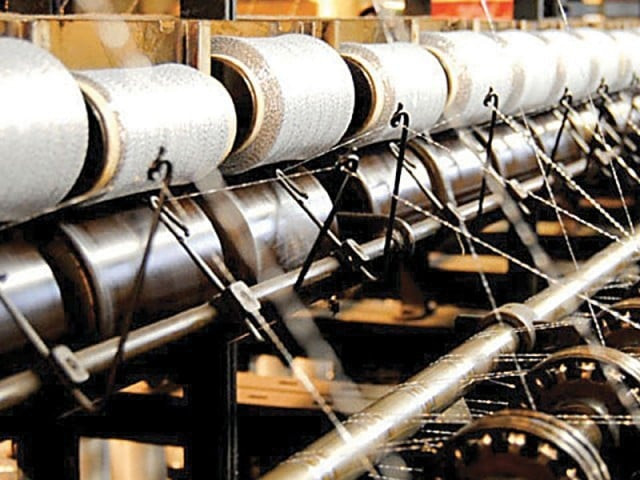Experts suggest businesses moving towards sustainability, ESG
Express Media Group, Entrepreneurship Youth Development Society host webinar

In this century, it is essential to play your part in making the world a place to live for future generations.
Focusing to start with sustainability and ESG are the best options, and it not only improves the quality of our lives but protects our ecosystem and preserves natural resources for the future.
Environmental, social, and governance (ESG) investing is used to screen investments based on corporate policies and to encourage companies to act responsibly.
When the regulators are making their efforts, private businesses will also have to step up.
'Sustainability: is it at the Heart of our Businesses yet?' was the topic of the second webinar of the series hosted by The Express Media Group in collaboration with the Entrepreneurship Youth Development Society on Saturday.
The webinar was live-streamed on the Facebook and YouTube channels of the Express Media Group. Sidra Iqbal hosted it, and panellists included Sajjeed Aslam - Regional Lead Public Affairs - ACCA Asia Pacific & Director ENSOGOV; Zehra Mehdi Aneek - Director of ESG and Sustainability at K-Electric, and Sustainability and ESG Consultant, Maryam J. Mughal.
A 45-minute long discussion was opened up by Sidra, discussing the importance of sustainability which is no more about doing less of the bad stuff but doing more of the good stuff. She asked Sajjeed whether sustainability suits businesses or is it complex for them to follow.
Sajjeed, in response, started by highlighting the core purpose of business which is all about creating value for the customer. "There was a lot of debate around the world that, as an assets manager, should I be investing the money considering the ESG and sustainability or my decision should be based on the financial return," he said.
"In a long-term evaluation perspective, it is not correct to look only at the financial returns as the same investor will start losing money over the period," he backed his comment by referring to the multiple pieces of research that have been carried out over the past 10-15 years, that suggests any business that is focusing on sustainability has a better return.
Referring to research that ACCA did for the Asia Pacific, the business was asked how sustainability is embedded into its strategy and whether it is in its plans. "All 20 businesses knew what they wanted to do, and they have plans and budgets for those projects. But when asked to the employees of the same companies, 70pc of the employees were very much concerned about the sustainability and ESG factor," he said.
He further added that the businesses would take their own time, but the demand coming from the employee, the younger generation and consumers will be the biggest market and drive firms towards adopting sustainability. "It is still evolving and depends on the demand from the employee, consumer side and some of the investors who have taken that initiative.
Maryam, who helps companies shift to ESG and sustainability, says that she often needs help in making the companies realise the difference between ESG and CSR activities. "Several years back, local businesses only used to work on CSR, but now we have ESG coming on. I have seen many companies using this terminology, but still, there are challenges in making them understand the difference and the scope," she said.
She said in recent years companies did not know what they had to do other than give back to the community. "There was not much understanding of companies' impact. Breaking these words down into sustainability and ESG is important," she added while giving an example that a company might not be producing anything that may not be good for the environment but even using electricity has some impact. Every sector and industry has its issues and impact.
Sidra used an example of a recent step taken by K-Electric to reduce the printing bills by 25 per cent, which will contribute to sustainability and save them the cost of printing.
Sajjeed added to this by saying that any company cannot become a green company instantly, small steps have to be taken, and the best is to start with the National Adaptation Policy (NAP) by the regulators and start by contributing to what they are already doing.
Zehra explained K-Electric's strategy saying, "The digitalisation of the bills and the 'Hara Bill' campaign is all about using less paper for the bills."
She added that ESG and Sustainability today are business imperative and is integral to the overall strategy and the emphasis of the stakeholders whether it is the customers, the regulators, the investors or the financial institutions or lenders are all leaning towards ESG as the key performance matrix.
Published in The Express Tribune, November 14th, 2022



















COMMENTS
Comments are moderated and generally will be posted if they are on-topic and not abusive.
For more information, please see our Comments FAQ